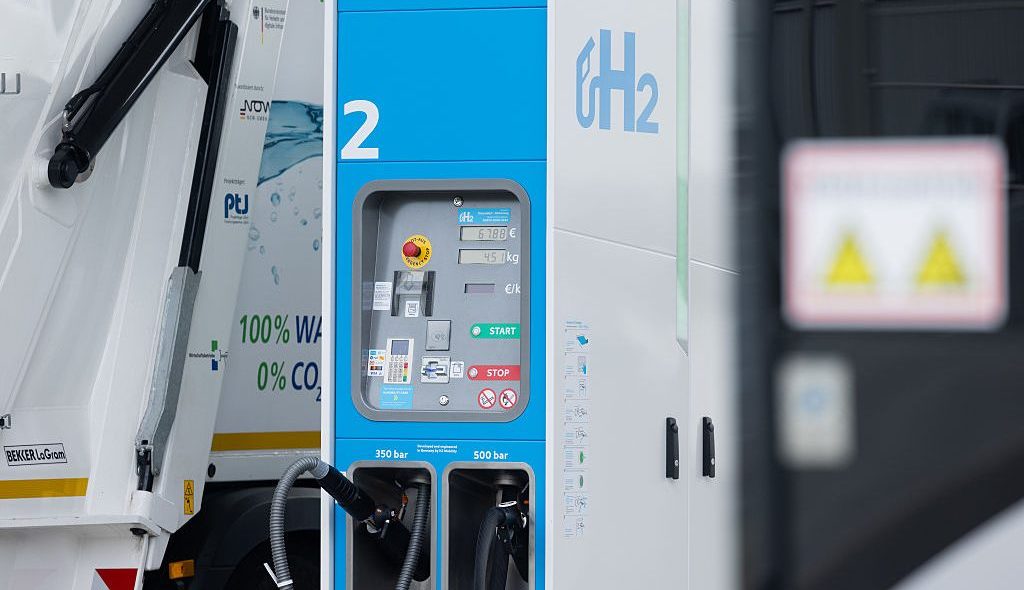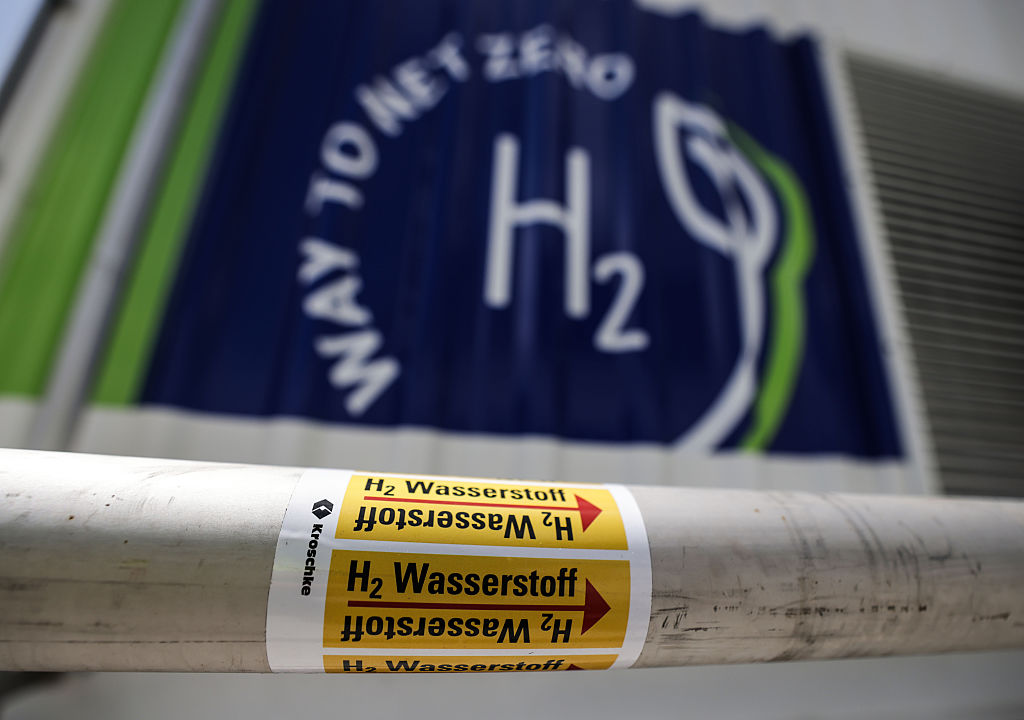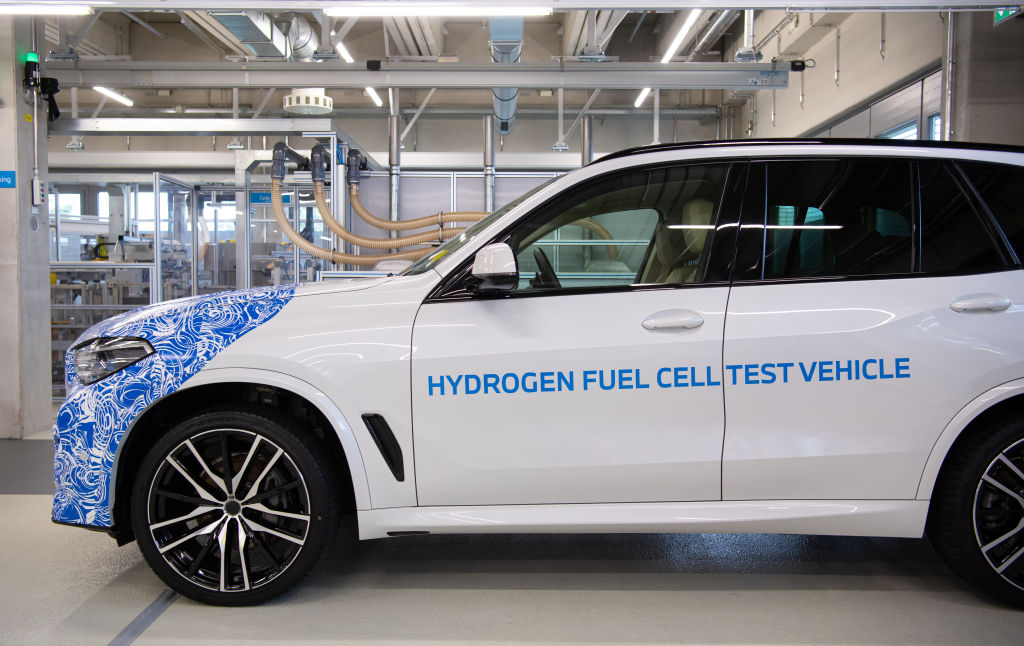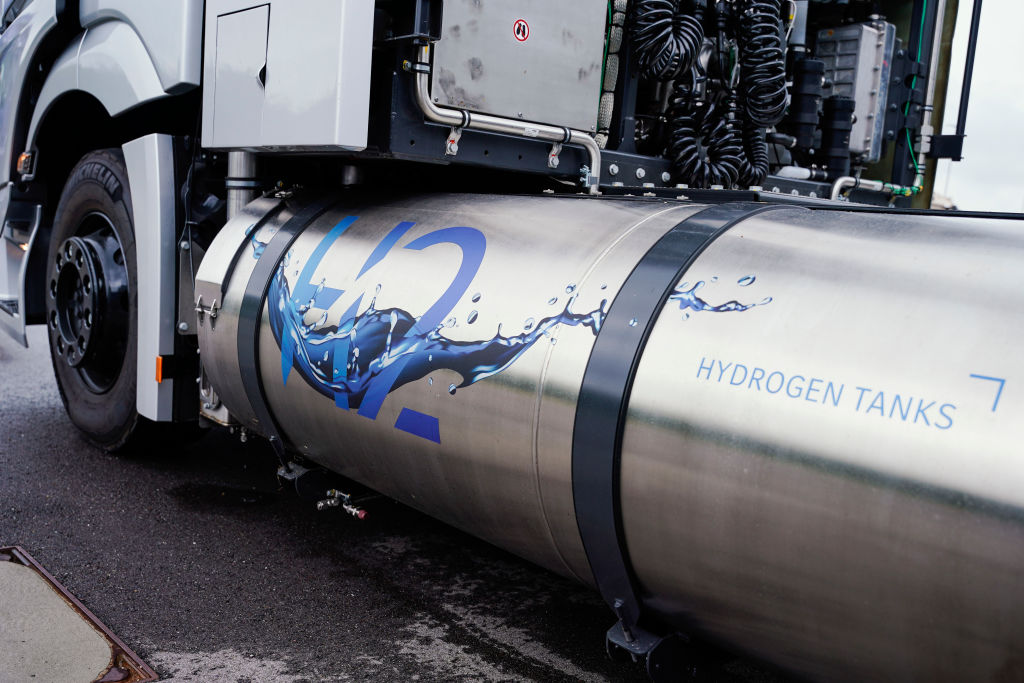Stellantis abandons fuel-cell vehicles in blow for hydrogen backers
A company official said the hydrogen market is “niche” and has no prospects of medium-term economic sustainability.

The major EU carmaker Stellantis has halted the development of fuel cell vehicles, citing doubts over the potential of a nascent hydrogen market for clean hydrogen and its economic sustainability in the medium term.
The company cancelled the production of a new range of hydrogen-powered commercial vans, which was due to start this year in France and Poland, and said it would redirect research and development away from hydrogen technology.
Stellantis pointed to a lack of refuelling stations, high capital requirements, and insufficient purchasing incentives as reasons for pessimism about a significant uptake of hydrogen-powered light commercial vehicles “before the end of the decade”.
“The hydrogen market remains a niche segment, with no prospects of mid-term economic sustainability,” chief operating officer for the wider European region, Jean-Philippe Imparato, said.
“We must make clear and responsible choices to ensure our competitiveness and meet the expectations of our customers with our electric and hybrid passenger and light commercial vehicles offensive,” he said.
A blow to hydrogen development
On 2 July, some three dozen automotive, energy, and technology companies gathered under the name of the Global Hydrogen Mobility Alliance and urged the European Commission to support “vital” hydrogen mobility.
Stellantis wasn’t part of the group, but the letter was signed by Symbio, a hydrogen technology joint venture between Stellantis, tyre-maker Michelin, and the automotive supplier FORVIA.
Stellantis said today that it was discussing with Symbio’s shareholders “to evaluate the current market consequences and to preserve the best interests of Symbio, in line with their respective obligations”.
A spokesperson for the automotive giant said that the group had no position yet on Symbio, and that the carmaker was studying “various solutions” about the joint venture’s future with Michelin and FORVIA.
But Michelin appears frustrated. A spokesperson told Euractiv that while Stellantis had informed them back in May about its intention to stop investing in hydrogen, the company’s official confirmation of the decision came without coordination or alignment.
“This unexpected, sudden and uncoordinated decision is all the more surprising given that Stellantis has always stated its ambition to be a pioneer in this new market,” the spokesperson said. “It was with this in mind that Stellantis, Symbio’s main customer, became a co-shareholder in Symbio in July 2023 alongside Michelin and FORVIA.”
“This reversal will have very serious operational and financial repercussions for Symbio,” the spokesperson added, noting that Michelin was “primarily concerned about the impact on Symbio’s employees in France and abroad”.
(rh, aw)






